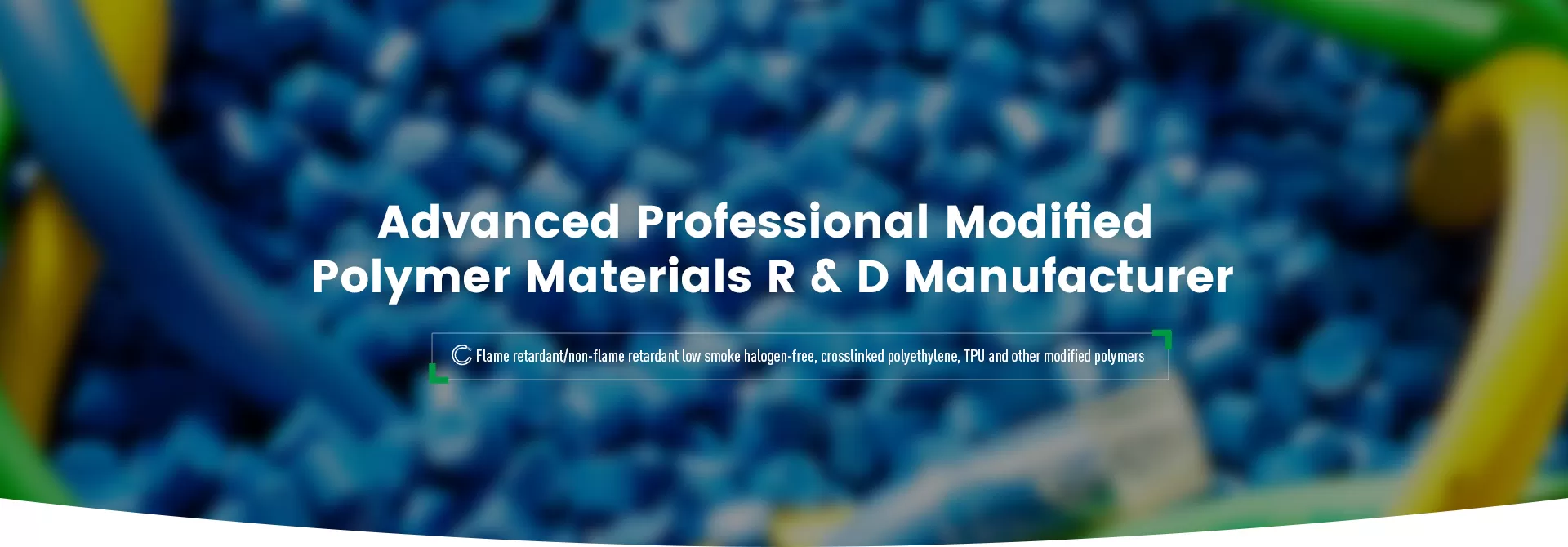
High temp wire insulation materials play a critical role in protecting electrical systems exposed to extreme heat.
These materials must balance heat resistance, flexibility, chemical resistance, and abrasion resistance.
Commonly used materials include:
Polyvinyl Chloride (PVC): Known for its excellent resistance to oils and chemicals, PVC insulation is cost-effective and widely used for moderate-temperature applications.
Silicone Rubber: A standout choice for high-temperature cable insulation, silicone offers exceptional flexibility, even under constant exposure to extreme heat.
Ethylene Propylene Rubber (EPR): Valued for its chemical resistance and low dielectric constant, EPR is commonly used in industrial high-temperature cable insulation.
Additionally, materials like fluoropolymers (e.g., PTFE) and ceramic-based insulations are utilized for high temp wire and cable in extreme thermal environments.
Wire insulation materials are carefully engineered to meet a wide range of operational requirements.
Common electric wire coating materials include:
Thermoplastics: Examples like PVC and polyethylene offer durability and cost efficiency.
Thermosets: Elastomers such as silicone rubber and EPR provide superior high-temperature performance.
Ceramic-Based Materials: Designed specifically for ultra-high-temperature applications, these insulations exhibit unmatched heat resistance.
The composition of these insulating materials ensures resistance to electrical breakdown, providing stable and reliable power transmission.
Wire insulation types vary based on their thermal ratings, dielectric strength, and resistance to environmental factors.
The most common types include:
Thermoplastic Insulation Materials: Durable and cost-effective options for standard applications.
Rubber-Based Insulation Materials: Provide excellent elasticity, heat resistance, and abrasion resistance.
Fluoropolymer Insulations: Offer superior chemical resistance and high dielectric strength, making them suitable for specialized applications.
Key properties of wire and cable insulation include:
Dielectric Strength: Prevents electrical breakdown, ensuring stable and safe power transmission.
Chemical Resistance: Protects against oils, solvents, and corrosive substances.
Abrasion Resistance: Extends the lifespan of cables in dynamic or harsh environments.
High-temperature cables are essential in industries like manufacturing, aerospace, and automotive engineering.
Applications include:
Industrial Machinery: High-temp wire insulation ensures continuous operation of equipment exposed to intense heat, such as furnaces or welding machines.
Aerospace Systems: High-temperature cables are used in aircraft engines and avionics, where extreme heat resistance is crucial.
Automotive Wiring: Vehicles rely on high-temperature wire insulation to protect key systems near engines and exhausts.
Consumer Electronics: Heat-proof wires prevent overheating in devices like laptops and mobile phones.
Renewable Energy Systems: Solar panels and wind turbines use high-temp wire insulation to handle environmental stress and temperature fluctuations.
Thermoplastics:
Common materials include PVC, polyethylene, polyurethane, and elastomers. These are affordable and easy to process, making them suitable for a wide range of applications.
Rubber-Based Insulation Materials:
Silicone rubber and EPR provide flexibility, chemical resistance, and excellent heat tolerance, ideal for harsh environments.
Ceramic-Based Insulation Materials:
Fluoropolymers and ceramic-based insulations are engineered for ultra-high temperatures, offering exceptional durability and electrical insulation performance.